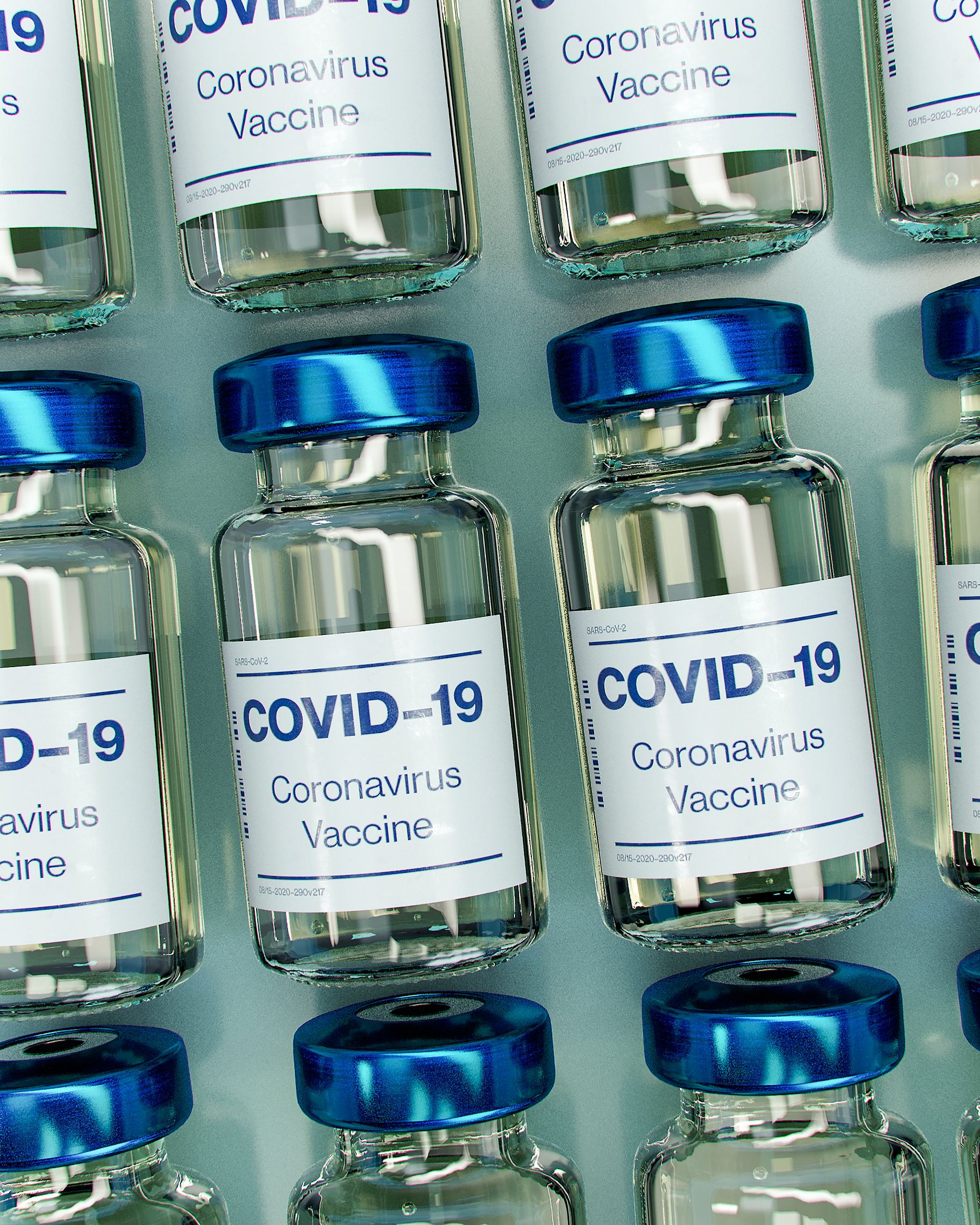As the first of the COVID-19 vaccines roll out, medical students nationwide are excitedly stepping up to help with administering injections and filling other vital needs, many calling the opportunity “an honor” and an experience they’ll never forget. The thrill comes after months of feeling helpless, as medical schools everywhere nixed clinical rotations, shadowing and other conventional in-person training processes, switching largely to online-only teaching to help curb the spread of the virus.
“It’s been so hard as we’ve watched the front-line workers taking the brunt of the pandemic. We’ve wanted to help, but we don’t have enough clinical experience,” Christina Thomas, a second-year student at Tulane University School of Medicine in New Orleans told reporters. Thomas is a serving as a volunteer coordinator, helping to place dozens students eager to lend a hand. “Now that we’re finally presented with an opportunity to do our part, students are extremely excited. When our sign-up sheet went out, all the available spots were taken within a minute or two. We just know we are part of history.”
As new COVID-19 cases soar and hospitals’ human resources are stretched thin, the federal government is launching an unprecedented effort to distribute and administer millions of vaccines at record speed. Hospitals, clinics and other distribution sites are leaning heavily on medical students who have the knowledge and skill to help and who are more than willing to step up. Although the students do require supervision, their involvement frees up nurses and other providers already struggling to handle the influx of virus-stricken patients.
“Knowing our students, I could answer with a wholehearted yes,” said Paul Wallach, MD, Indiana University School of Medicine’s executive associate dean for educational affairs when state officials reached out to ask for help. “Inside of a week and a half, we had 400-plus volunteers.”
Those students are helping to administer shots at 50 hospitals throughout the state. Many of them who lacked sufficient experience got fast-track vaccine training via an online course that covered related skills including injection techniques and donning personal protective equipment, followed by in-person practice demonstrated to a nurse.
Because state regulations vary, not all of the nation’s medical students are permitted to administer vaccines. New York, for instance, requires vaccinators to have a year of clinical experience. But there are plenty of other roles for students to fill in the effort including coordinating volunteers, completing patient intake forms, monitoring patients for side effects following vaccinations and reaching patients to schedule follow-up doses.
Somdeb Banerjee, a second-year student at Tulane, told reporters he vividly recalls an experience early in the pandemic, when he volunteered at a drive-through testing center.
“I greeted around 50 people that day, and out of those 50, five had lost a spouse in the week before,” he said. “I’ve never been able to forget the looks on their faces, but at that point, there’s nothing we can do except say I’m really sorry. That experience definitely motivated me to help protect people in any way I could.”
We here at WOLFPACC salute all who are lending an effort to protect Americans and end the pandemic. If you’re a current or prospective medical student, find out how we can help assure your academic success so that you’ll be able to help patients live long, healthy lives, too. Call 904-209-3140 to learn how.
Photo by Daniel Schludi





